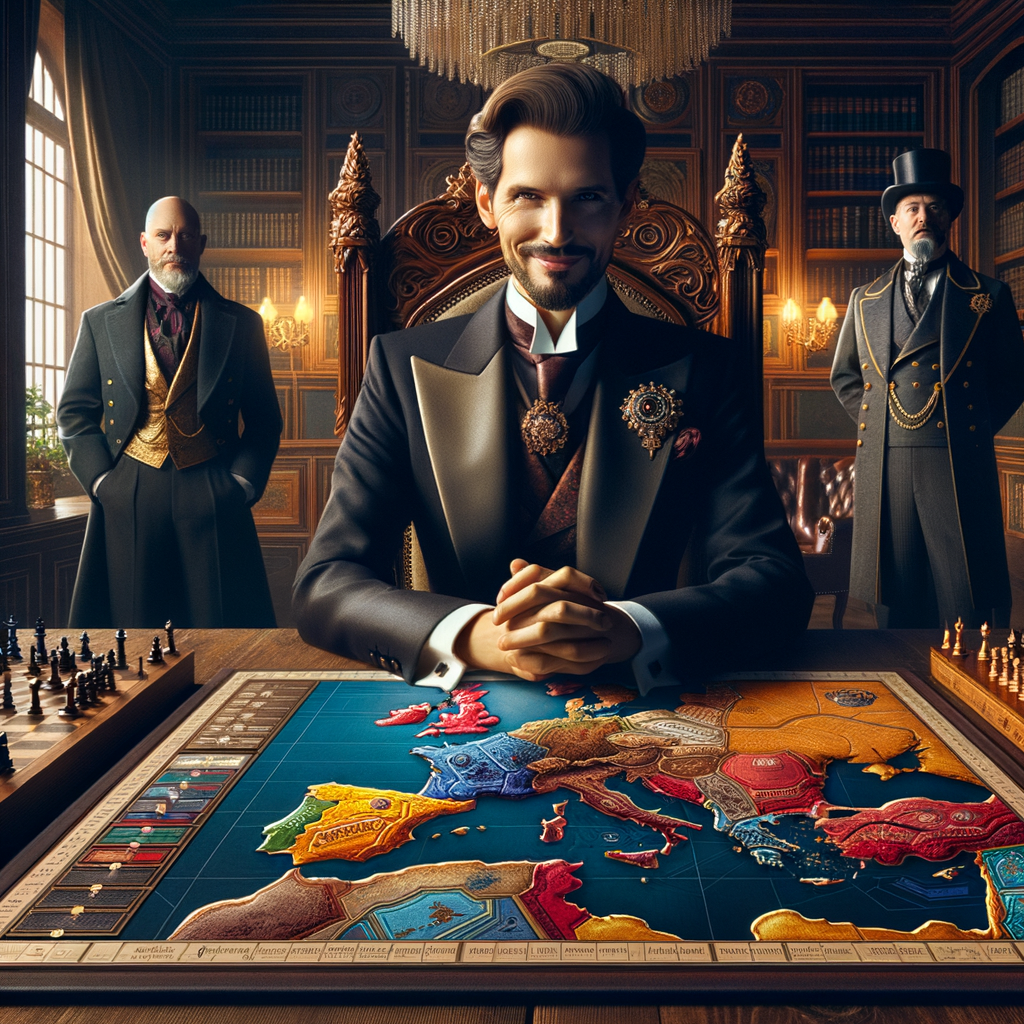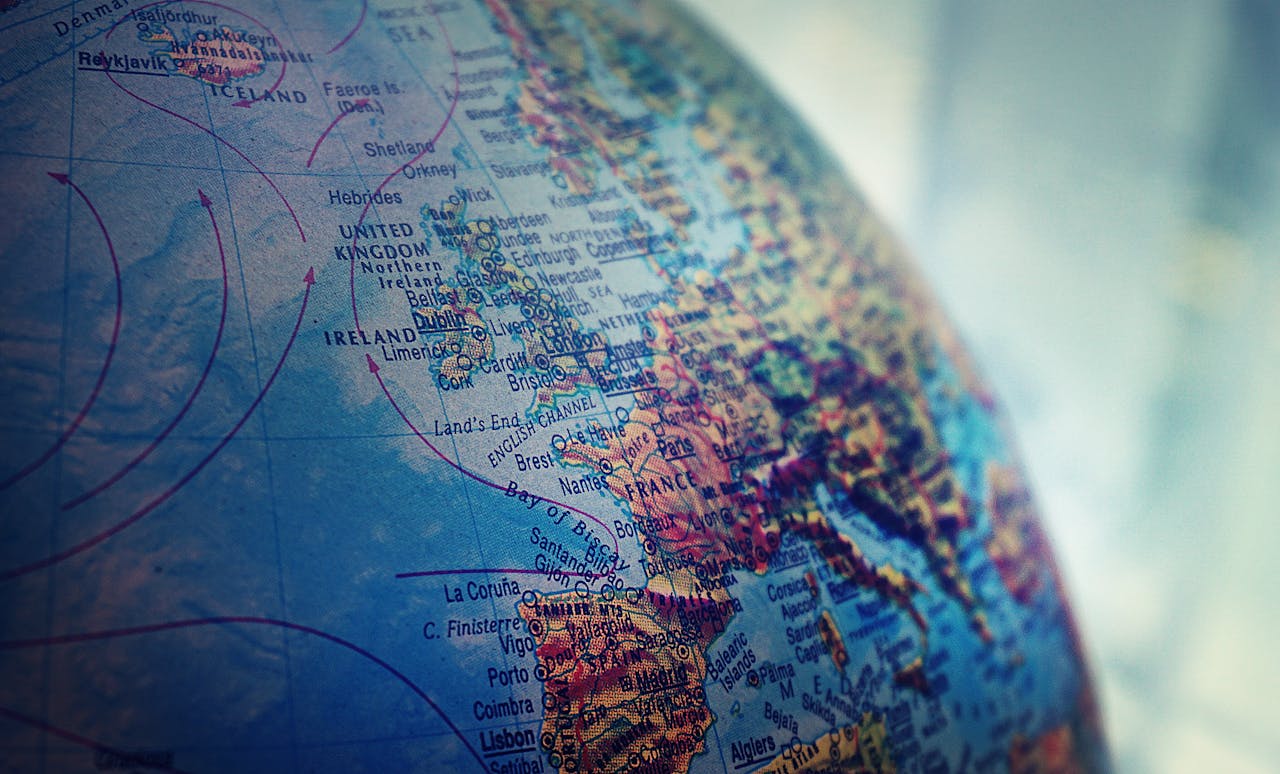html
Unveiling the Intriguing Stereotypes of Players in Diplomacy
The game of Diplomacy, renowned for its strategic depth and negotiation skills, attracts a diverse array of players, each bringing their unique styles and personalities to the table. This article delves into the fascinating stereotypes of players in Diplomacy, offering insights into the various archetypes that shape the dynamics of this captivating game.
The Master Manipulator
The Master Manipulator is a player who thrives on the art of persuasion and deception. Known for their silver tongue and ability to forge alliances, they excel at convincing others to act in their favor. These players are often seen weaving intricate webs of intrigue, playing multiple sides against each other to achieve their objectives. Trust is both their greatest asset and weapon, as they skillfully navigate the delicate balance between loyalty and betrayal.
Key Traits of the Master Manipulator
Master Manipulators are characterized by their exceptional communication skills and strategic foresight. They possess a keen understanding of human psychology, allowing them to anticipate and influence the decisions of their opponents. Their gameplay is often marked by a series of calculated risks, leveraging their alliances to maintain control over the board.
The Tactical Genius
On the other end of the spectrum, the Tactical Genius focuses on meticulous planning and strategic execution. These players are known for their analytical approach, often dedicating significant time to studying the game’s mechanics and potential outcomes. Their strength lies in their ability to foresee potential threats and opportunities, enabling them to make informed decisions that maximize their advantage.
Key Traits of the Tactical Genius
Tactical Geniuses are methodical and detail-oriented, often creating complex strategies that unfold over several turns. They prioritize efficiency and resource management, ensuring that every move aligns with their long-term goals. Patience is a virtue for these players, as they are willing to wait for the perfect moment to strike.
The Loyal Ally
The Loyal Ally is a player who values trust and collaboration above all else. They are known for their unwavering commitments to their allies, often forming strong partnerships that endure throughout the game. While they may not always be the most aggressive players, their ability to foster cooperation and build coalitions can turn the tide in their favor.
Key Traits of the Loyal Ally
Loyal Allies are often empathetic and reliable, making them highly valued partners in any alliance. They prioritize mutual benefit and are skilled at mediating conflicts within their coalition. Their gameplay often involves a balance between defense and support, ensuring that their allies remain strong and united.
The Lone Wolf
The Lone Wolf is a player who prefers independence and self-reliance. Often seen as a wildcard, they choose to operate outside traditional alliances, relying on their instincts and adaptability to survive. This stereotype is marked by a fierce determination to carve their own path, regardless of the odds stacked against them.
Key Traits of the Lone Wolf
Lone Wolves are resourceful and resilient, capable of thriving in isolation. They excel in situations that require quick thinking and adaptability, often turning unexpected circumstances to their advantage. While they may not be the most cooperative players, their unpredictability can be a powerful tool in destabilizing enemy plans.
Conclusion: Embracing the Diversity of Player Stereotypes
The stereotypes of players in Diplomacy highlight the rich tapestry of personalities and strategies that make the game so compelling. Whether you’re a Master Manipulator, a Tactical Genius, a Loyal Ally, or a Lone Wolf, each archetype brings its own strengths and challenges to the table. Understanding these stereotypes can enhance your gameplay and appreciation of the complex dynamics that define Diplomacy.



